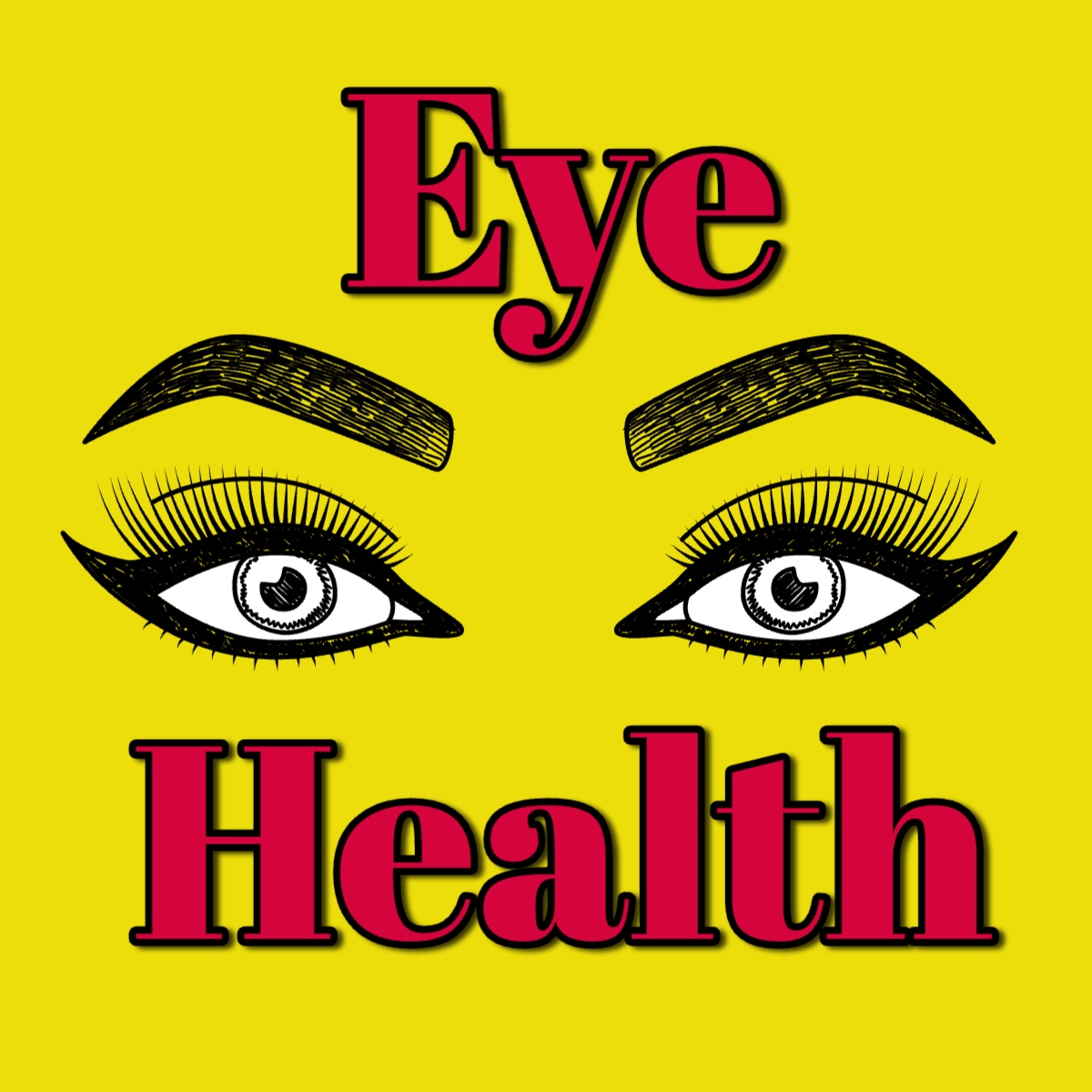I’m excited to be Toni B’s Special Guest on her upcoming show this Wednesday, December 11, on UG-ONE! I can’t wait to share stories from my incredible experience working with Luther Vandross.
I started working with Luther in 1993 on the Never Let Me Go project in the wardrobe department and eventually became his assistant until he sadly passed away in 2005.
In the Luther: Never Too Much documentary, I discuss my traumatic moment of finding Luther after he had a devastating stroke due to complications from mismanaged type 2 diabetes. It was a wake-up call for me that inspired the creation of Divabetic, a national nonprofit aimed at diabetes outreach.
I truly believe in empowering Luther’s fans and their families to keep their homes healthy and happy by learning to prevent complications like strokes, kidney disease, blindness, and more.
At Diabetic (Divabetic.org), we take a unique approach to traditional diabetes education, offering fun, upbeat, engaging makeovers, music, and games. I’m thrilled that our resources—like podcasts, videos, and online support—are free!

Plus, check out our Sweet Romance: A Woman’s Guide to Love and Intimacy With Diabetes ebook by Janis Roszler and Donna Rice, available on Amazon!
I’ve also enjoyed collaborating with my talented musical family from Luther’s world. With Ivan Hampden Jr. and Paulette McWilliams, I’ve written songs like Mama’s Kitchen Table and Pink Champagne.
I’ve worked with incredible artists like Cindy Mizelle and Brenda White-King on That Man Of Mine and Pat Lacy with Lisa Fischer on I Wish At Christmas I Could Bring You Home.
A couple of my singles, Mama’s Kitchen Table and Standards by Crystal Penny, even charted on the UK Soul and BCFM Soul Charts! That Man of Mine was a big hit on the Billboard Dance Charts in the 90s and was especially popular in Provincetown.
I can’t wait to share more on the show! I hope you all tune in!














